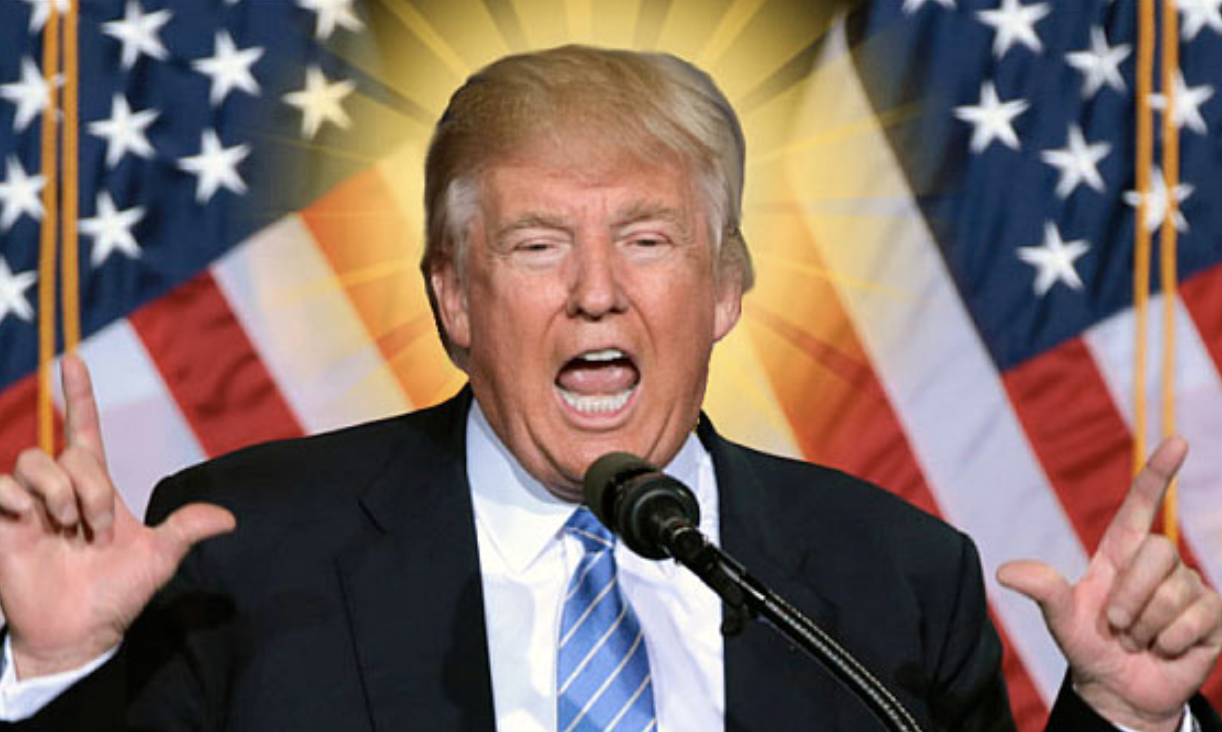In terms of making history, 1979 was a highly consequential year for the direction of the Southern Baptist Convention.
So was 1985. And 2021, come to think of it. No doubt I’m missing other important years.
Where might 2022 rank? For the second year in a row, the high-profile annual meeting of the nation’s largest Protestant denomination produced major news.
Five key takeaways from this week’s proceedings in Anaheim, California:
1. Sex abuse reforms
In response to last month’s bombshell report on sexual abuse in the denomination, delegates “voted overwhelmingly Tuesday to create a way to track pastors and other church workers credibly accused of sex abuse and launch a new task force to oversee further reforms,” as The Associated Press’ Deepa Bharath and Peter Smith report.
See related coverage by the Houston Chronicle’s John Tedesco and Robert Downen, two of the journalists whose 2019 “Abuse of Faith” investigation spurred the reforms.
2. Apology to victims
A day after that important vote, the Southern Baptists “approved a resolution Wednesday apologizing to abuse survivors and asking for forgiveness,” as Religion News Service’s Bob Smietana and Adelle M. Banks report.
See related coverage by The Tennessean’s Liam Adams and the Memphis Commercial Appeal’s Katherine Burgess.
3. New president
In “another win for abuse reform,” the Baptists elected Bart Barber, the pastor of a relatively small congregation in rural Texas, to lead the denomination’s crucial next steps, as Christianity Today’s Kate Shellnutt reports.
See related coverage by the Arkansas Democrat-Gazette’s Frank Lockwood and the Washington Times’ Mark A. Kellner, a former GetReligion team member.










